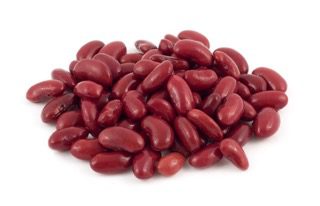

Dogs can safely eat beans as part of a healthy diet. Beans are a good source of protein and fiber, but it is important to choose the right varieties. Some beans contain high levels of phytohemagglutinin, which can cause digestive problems.
Beans offer dogs a good source of protein and fiber, along with B vitamins, potassium, magnesium, iron, and antioxidants. They can also help regulate blood sugar levels.
While beans are generally safe for dogs, some varieties contain high levels of phytohemagglutinin, which can cause vomiting, diarrhea, and other digestive issues. Raw or undercooked beans can also cause foodborne illness. Baked beans should be avoided due to their high sugar content and inclusion of garlic and onions, which are toxic to dogs.
Safe bean varieties for dogs include lentils, black beans, garbanzo beans, pinto beans, green beans, and edamame. Before feeding beans to dogs, they should be washed, soaked, and cooked thoroughly without any harmful seasoning or ingredients. Canned beans should be avoided due to their high salt content.
Beans are a great source of protein and fiber for dogs. They can be a healthy addition to their diet, especially for vegetarian or vegan dogs. Beans are also low in fat and can help regulate blood sugar levels. However, it is important to note that some beans, like kidney beans, can be toxic to dogs if not cooked properly.
Additionally, beans can cause gas and digestive issues in some dogs. In extreme cases, consuming too many beans can lead to pancreatitis. If your dog shows signs of discomfort or illness after consuming beans, contact your veterinarian immediately.
Other alternatives to beans include cooked chicken or turkey, and cooked sweet potatoes. A serving idea for dogs that can eat beans is to mix them with cooked rice and a small amount of cooked ground beef or chicken.